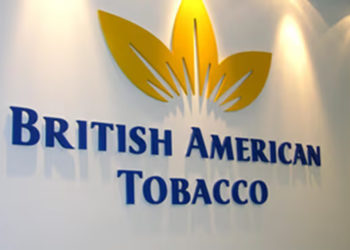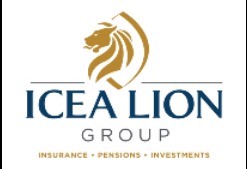Muslims worldwide prepare for a month of fasting, prayer, and reflection as Ramadan draws near. In addition to its spiritual significance, Ramadan prompts individuals to reassess their lifestyles, including their financial habits.
This period presents a unique opportunity for investors in Kenya, both Muslim and non-Muslim alike, to consider Shariah-compliant investment options aligning with their religious beliefs and ethical finance principles.
Shariah-compliant investments adhere to Islamic principles concerning interest (riba), uncertainty (gharar), and prohibition of involvement in activities deemed haram (forbidden), such as alcohol, gambling, or pork products.
These investments also adhere to mandatory Islamic finance principles, including mudarabah (profit and loss sharing) and the asset backing principle.
Mudarabah dictates that investment stakeholders share risks and rewards proportionally. The asset backing principle mandates that financial transactions involve tangible and identifiable underlying assets, prohibiting transactions backed by harmful assets.
Kenya has emerged as a growing hub for Islamic finance in East Africa, offering diverse Shariah-compliant investment opportunities across various sectors. Islamic banking products, Sukuk bonds, and Shariah-compliant equities are among the options available. Several commercial banks in Kenya, such as Gulf African Bank, KCB, National Bank, and ABSA, offer banking products tailored to Islamic finance principles.
The capital markets in Kenya have witnessed the issuance of Sukuk bonds, Shariah-compliant securities backed by tangible assets.
For instance, in September 2023, Linzi Finco Trust received approval from the Capital Markets Authority to issue the inaugural Shariah-compliant bond, ‘Linzi Sukuk,’ aimed at financing the development of affordable housing units.
Such bonds provide halal alternatives to conventional bonds, offering steady returns while adhering to Islamic finance principles.
The Nairobi Securities Exchange (NSE) offers opportunities for Shariah-compliant investing through equities that meet Shariah scholars’ criteria. Investors can select companies that align with Islamic law, ensuring their investments are ethically sound.
Despite notable milestones in Kenya’s financial market, the Islamic community remains underrepresented in financing options. However, with increasing demand for Shariah-compliant products, institutions like Standard Investment Bank (SIB) have launched Shariah-compliant wealth management services to cater to this market.
Challenges persist, including a shortage of skilled Islamic finance professionals, negative perceptions, and limited awareness. Nonetheless, highlighting the importance of Shariah-compliant investments extends beyond Ramadan, fostering responsible investing and community prosperity.
As Ramadan approaches, let us seize the opportunity to explore Shariah-compliant investment options in Kenya. By promoting ethical and sustainable ventures, we can contribute to the prosperity of our communities, both during Ramadan and beyond.

















